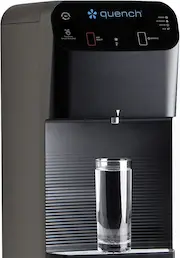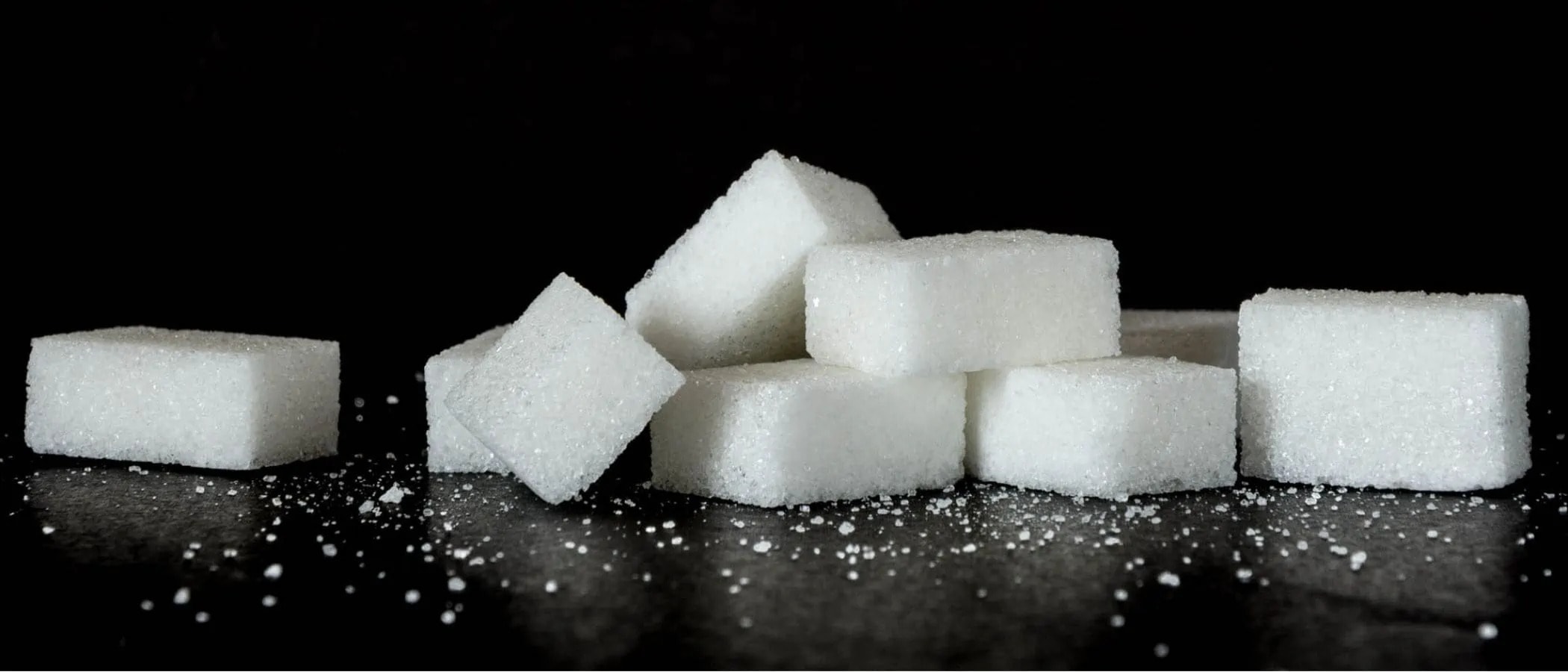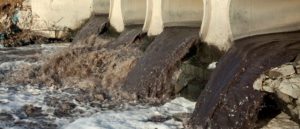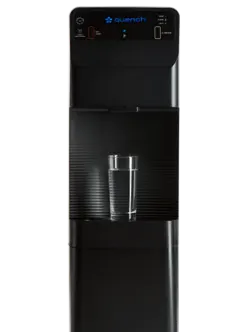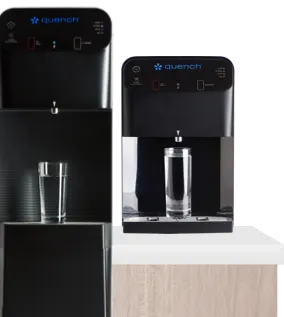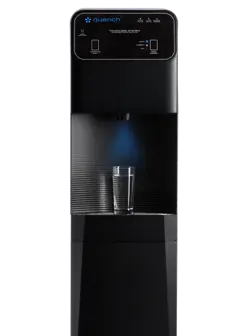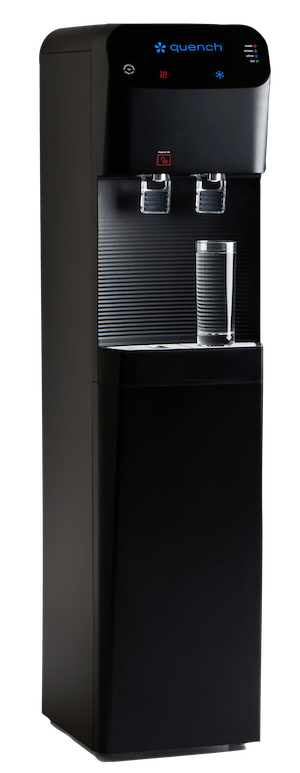Not all glasses of H₂O are created equal. Sometimes it may taste metallic, or it may smell like chlorine. But what about when your water has a sweet aftertaste? This may be indicating a high concentration of naturally occurring minerals or an imbalance in your water’s alkaline or pH levels. In any case, it is important to pinpoint the cause and rectify the problem so you can enjoy fresh, clean water.
Quick Facts:
- Tap water naturally contains minerals, such as calcium or iron, that can produce a sweet taste when found in larger quantities or when consumed by those with more sensitive palates.
- Your plumbing can affect the way your water tastes. Flushing your pipes can help to clear your water of sweet tastes and odors.
- Your own body might be the cause; it is often difficult to differentiate between taste and odor. What your body might perceive as a sweet taste might really be attributed to your olfactory system’s response to a smell.
- If flushing pipes have failed to correct the problem, contact your local water testing lab to diagnose the issue.
What Causes the Taste?
There are many reasons why your water may taste sweet, but not all of them are a cause for concern. Depending upon your water’s source, the quality and quantity of trace minerals, such as a higher calcium count, can give water varying tastes including sweetness.
If minerals aren’t causing the issue, then another sweet-toothed culprit could be your plumbing. Whether your home or office is new or old, its pipes can affect how salty or sweet your water tastes. Simply letting the water run for longer periods of time – essentially “clearing” the pipes – before you take a drink may also change the degree of taste.
Additional causes of water tasting sweet may be attributed to something you’ve recently eaten. Typically, when you eat something sour, your saliva produces chemicals that trigger a sweet-tasting sensation. And since water is neutral, if you take a drink after eating something sour, it will naturally pick up on that newfound sweet flavor. However, sometimes the sweet taste of water is not actually something you taste at all—it’s something you smell. Your body can often confuse the senses of taste and smell and your water issue may actually be attributed to a smell.
What Should You Do?
If you’ve already cleared your pipes and have ruled them out as the source of the taste, there are a few other steps you can take to try and “clean” your water. Aeration and activated carbon filtration are common methods for tackling strange odors and tastes in drinking water. Other ways to troubleshoot your water issue are through chlorination, filtration, pH adjustment via neutralization, and air injection.
If this does not solve the problem, contact your local water testing lab to find the source of contamination. If you do not receive your water from a public source and drink from a private supply (such as well water), you may have to take additional steps to have your water tested, as private sources may not necessarily fall under the jurisdiction of the EPA for testing.
Improving Your Drinking Water
If you have sweet-tasting water, don’t panic. Chances are it’s nothing major. However, if it concerns you, consider getting a filtered water cooler for your workplace to help neutralize any off-tasting sweetness or odors, and to simply improve the overall quality of your household drinking water.
Quench bottleless water coolers offer advanced filtration technology to filter out impurities and leave your water tasting delicious! Try our product finder to get matched with the best-filtered water system for your business or click here to get a free quote.
